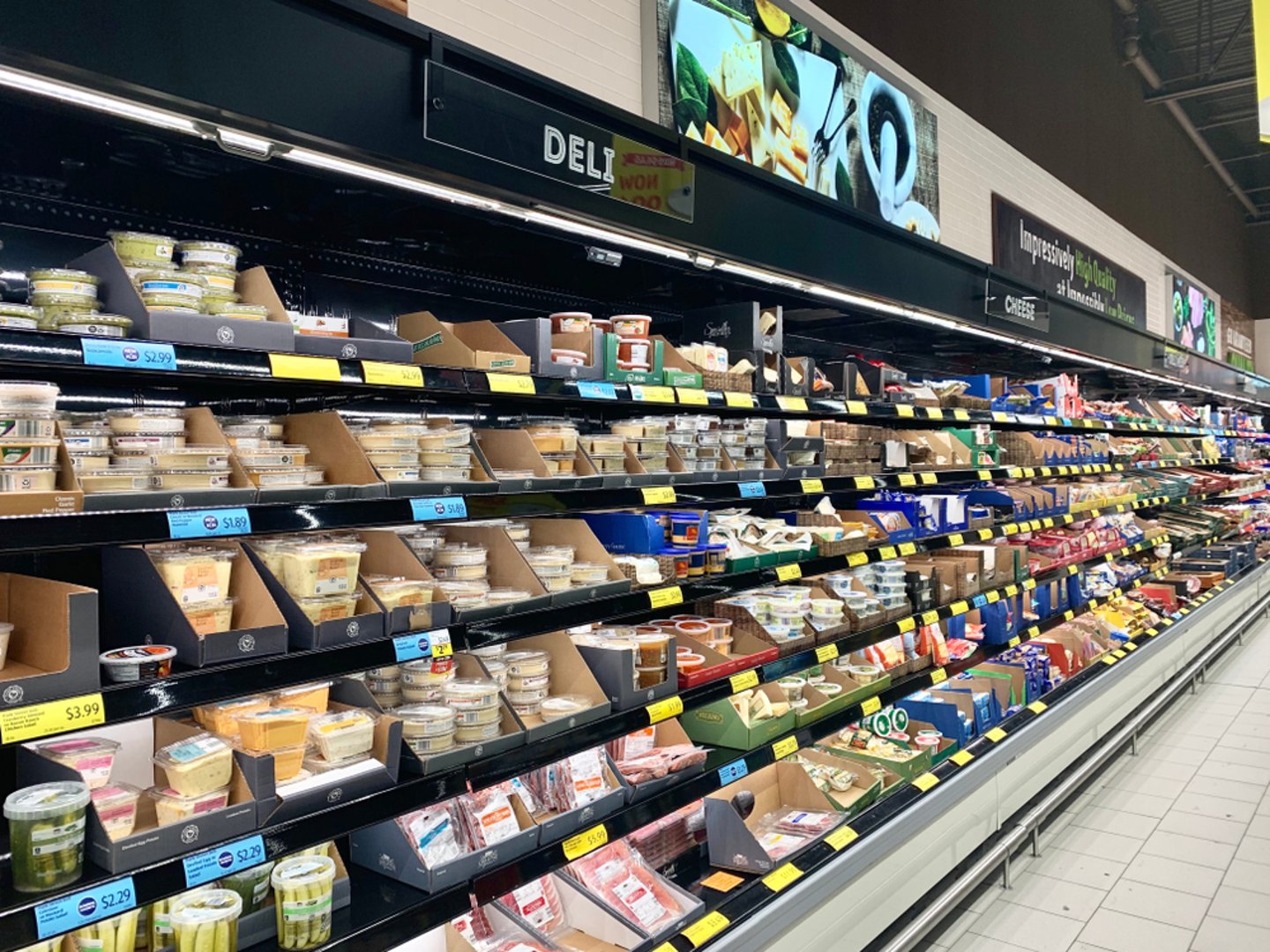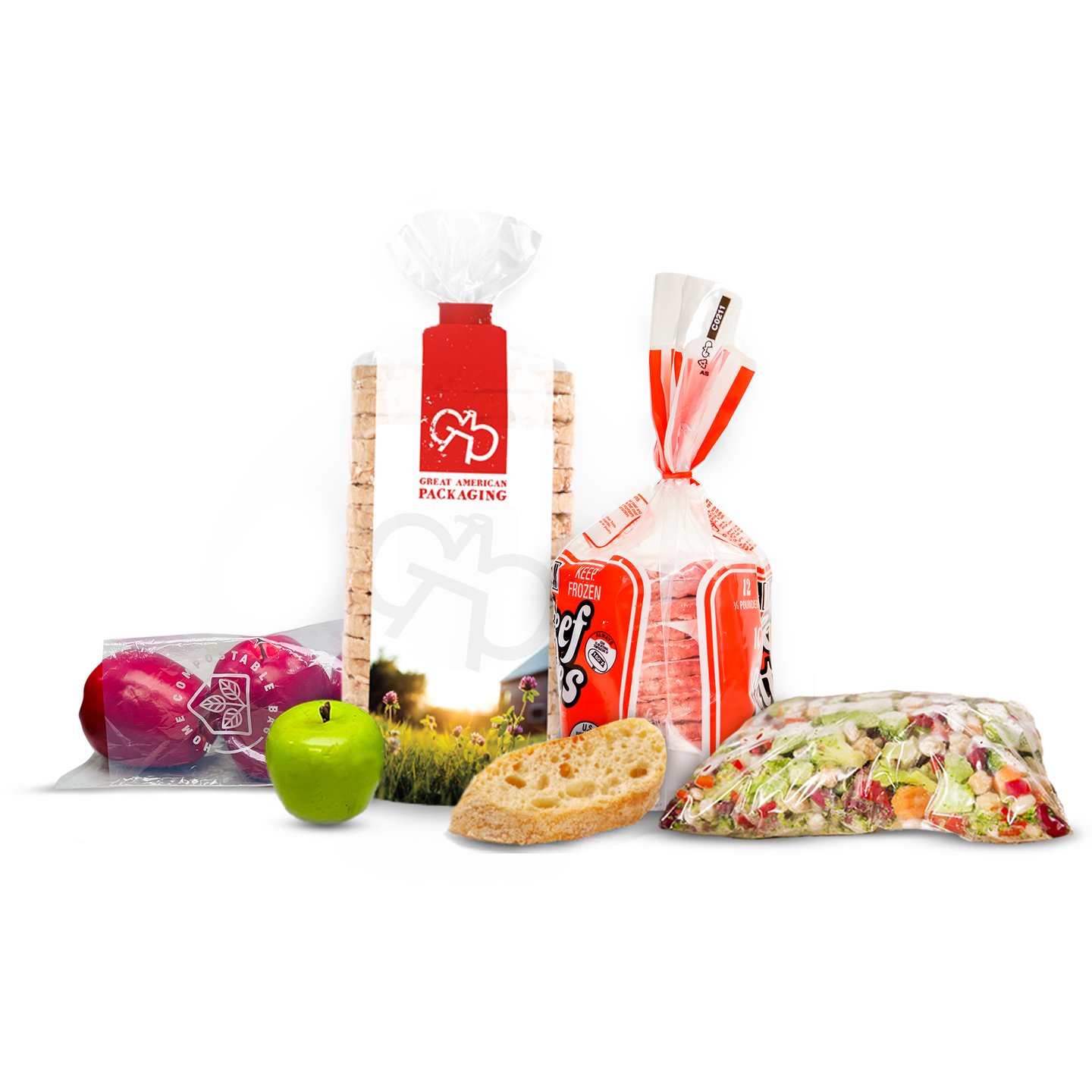Packaging Report: Sustainability Continues to Drive Innovation
Sustainability is crucial for a healthier planet and a better quality of life for all. As consumer preferences continue to align more closely with eco-friendly values, retailers and suppliers across the grocery and retail landscape are adopting packaging solutions that minimize environmental impact.
At discount grocery chain Aldi, which is quickly expanding its store count throughout the United States, shoppers find unique private label items at bargain prices. What they also find, whether they realize it or not, is sustainable packaging. Today, more than 75% of Aldi products come in packaging that is reusable, recyclable or compostable, up from 62% in 2022, according to the retailer. Aldi’s goal is to make 100% of its private label packaging reusable, recyclable or compostable by 2025.
“We’ve made significant strides to transition our packaging to be recyclable since we announced our commitments in 2019,” said Joan Kavanaugh, vice president of National Buying at Aldi. “When it comes to our own packaging, we’re working hard to make it clear to shoppers how, where and when they can recycle our packaging. The majority of our Aldi-exclusives include an easy-to-locate How2Recycle logo which has simple instructions about how to best recycle the packaging. As we continue to expand these labels across our products, our hope is that this makes it even easier for our customers to make the best choices we know they’re wanting to.”
In addition to three-fourths of Aldi’s private label products using eco-friendly materials, the Batavia, Ill.-based retailer has launched a number of other sustainability initiatives. Aldi has committed to using 20% post-consumer recycled content in its plastic packaging by 2025, and is a member of organizations like the U.S. Plastics Pact and the Sustainable Packaging Coalition to make sustainable packaging more accessible in the grocery world.
“Consumers care about sustainability and it remains a top consideration when choosing where to shop,” added Kavanaugh. “According to our research, we know 70% of Aldi shoppers think increasing recyclability and reducing packaging is important. We know they see the value in the products we offer at the lowest possible prices, and also want them to know about the deliberate decisions we continue to make with sustainability top-of-mind."
According to the experts at MRP Solutions, high-quality sustainable private label packaging communicates a “we hear you” message to consumers. The company specializes in plastic jars, closures, bottle caps and more, which are increasingly being made with post-consumer recycled (PCR) content, and designed to be lighter, thus using less material and energy to manufacture.
“We have sourced recyclable materials and recycle or reuse by-products of our operation wherever feasible,” said Dawn Nowicki, vice president of Marketing at MRP Solutions. “The sustainability impact on our production process is an evolution that requires continuous improvement and alternative solutions in the way of materials, additives and processing improvements that will enable us to offer our customers sustainable products utilizing sustainable processes. We are now analyzing our carbon footprint to identify further opportunities for improvement.”
Another manufacturer, Great American Packaging (GAP), recently released a line of PFAS-free, compostable and recyclable packaging available for retailers’ private brands. GAP’s OneEarth collection is free from intentionally added “forever chemicals,” and adheres to California’s extended producer responsibility (EPR) regulations that are designed to encourage companies to take responsibility for the entire lifecycle of their products, including their environmental impact and proper disposal.
“As new information is uncovered and regulations change, so do the requirements of safe and sustainable packaging,” said Beth Smith, executive vice president at Great American Packaging. “We work with regulatory experts to ensure that the products we offer meet the legislative requirements of flexible packaging, nationwide.”
Smith added that keeping up with environmental and packaging regulations is an ongoing challenge, and that lacking green infrastructure like industrial composting facilities is making realizing the value of sustainable packaging a difficult task. She added that potential solutions could be home compostable and bio-based materials.
“While California is leading the way with sustainability legislation, there are few industrial composting facilities available and not all the recycling centers are designed to accept flexible packaging,” Smith said. “Last summer, California SB 54 went into effect with the intention to address these infrastructure needs. However, legislation will take several years to implement, requiring suppliers to provide their own shorter-term solutions to meet circular life cycle requirements."
Signed into law last year, California SB 54 requires that 100% of packaging in the state be recyclable or compostable, 25% of plastic packaging be cut and 65% of all single-use plastic packaging be recycled by 2023. California, Washington, Oregon and many East Coast states are leading the charge when it comes to eco-friendly packaging laws.
Challenges for the industry don’t just stop at regulation. Like many industries over the past three years, production challenges such as material shortages, supply chain issues, inflation and labor shortages have all made the process of creating greener packaging more difficult.
“Raw material supply issues have significantly reduced in the last six to nine months as the overall supply chain continues to recover from the impact of COVID-19,” said Aaron Schroeder, director of Corporate Sourcing at MRP Solutions. “This is largely due to a return to a more normal demand which has reduced the strain on the overall supply chain, however there are still specific areas where supply remains constrained. Raw material price inflation appears to have mostly leveled off and in some markets we are starting to see pricing relief.”
For manufacturers, there is also the challenge of standing out on store shelves and branding sustainably-packaged private label products in an attractive manner. Packaging design firm Quad has been a longstanding partner at pharmacy chain Walgreens, handling the design for the retailer’s various private label OTC medicine and health products.
When it comes to making products standout, color schemes and design are important, but so is calling out and promoting sustainable packaging claims where it fits. In a case study with the retailer, Quad found that 86% of those surveyed believed that packaging design helped them choose the right product for their needs.
“They (private label OTC products) need consistent, easy-to-follow communication that guides them to the right product for them with concise information about what they specifically need,” said Peter Boosalis, vice president of Business Development at Quad. “This might include the brand, product description, usage instructions, product benefits and, if possible, ‘compared to.’ From the thousands of consumer responses we’ve received over the years in different sustainability research projects, we know that consumers want to be informed. Being forthright and transparent about the sustainable changes to product and packaging can definitely grow brand equity with consumers and give them an eco-warrior serotonin boost as a bonus.”
Despite the challenges, increased consumer demand and retailers’ desire to meet Environmental, Social and Governance (ESG) goals means that manufacturers will continue developing green packaging. According to the experts, sustainable packaging is a worthwhile investment when it comes to building-out a private label assortment.
“The unique proposition that private label offers consumers is that they can offer all of these (sustainable) characteristics,” said Aimee Weber, director of Marketing Communications at MRP Solutions. “This not only provides tremendous value to shoppers, it helps them take action on their intentions and desire to support sustainable packaging and a circular economy.”





